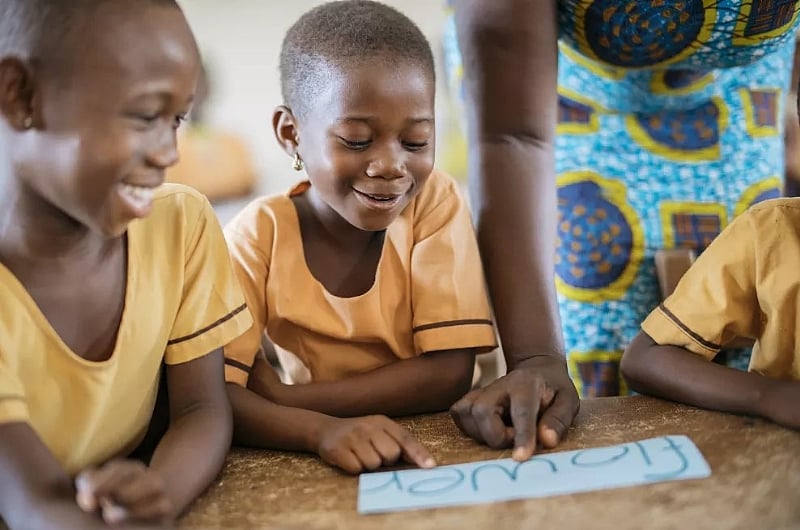If childhood were a construction project, then early childhood education (ECE) would be the foundation. Let’s face it—no one wants to live in a house with shaky foundations. Yet, in many parts of Africa, early childhood education is treated like an optional extra, much like Wi-Fi in the jungle. This is a huge blunder.
Research shows that 90% of brain development happens before the age of five. If we don’t get education right in those early years, we are basically sending children into life with half-filled toolboxes, expecting them to build skyscrapers. It won’t work.
The Opportunity We Can’t Afford to Miss
Imagine planting a tree but failing to water it for the first three years. Then, when it is barely surviving, you throw in fertilizer and hope for the best. That’s exactly what happens when we neglect early childhood education and then expect miracles in primary school. Early childhood education isn’t just about singing the alphabet song and mastering the fine art of colouring inside the lines. It’s about setting the stage for better learning, stronger social skills and increased future earnings.
Why Isn’t Every Child in Preschool?
If early childhood education is such a game-changer, why aren’t all African children getting it? Well, let’s break down the hurdles.
“Why Pay for ABCs?” – The Cost Problem
For several African families, paying for preschool feels like buying an expensive phone charger when the main phone (primary school) hasn’t even landed. Public funding for early education is often missing, and private preschools are about as affordable as a luxury safari. Ghana has been one of the few African countries to make significant strides in early childhood education. The government introduced free and compulsory kindergarten education as part of its 2007 Education Reform, making Ghana a trailblazer in Africa. However, challenges remain. Many public kindergartens lack proper infrastructure, and trained teachers are in short supply, especially in rural areas.
“My Grandmother Didn’t Go to Preschool and She’s Fine” – Cultural Barriers
Many parents believe formal education should start in primary school. After all, grandma never went to preschool, and she still tells the best stories at family gatherings, right? But here is the catch—grandma didn’t need to compete in today’s knowledge-driven economy, where even toddlers know how to operate smartphones better than their parents.
In Ghana, traditional beliefs still influence education choices. Some rural communities perceive kindergarten as a “waiting room” before primary school rather than an indispensable foundation. Nevertheless, organisations like Right to Play Ghana and the Sabre Education Foundation are working to change this mindset by training teachers and engaging parents.
“Where’s the Qualified Teacher?”
Preschools need teachers, not just babysitters in disguise. In many African countries, ECE teachers are undertrained, underpaid and sometimes entirely missing from classrooms. You wouldn’t want a half-trained pilot flying your plane, so why let ill-equipped educators shape young minds?
In Ghana, the National Council for Curriculum and Assessment (NaCCA) has developed new training programmes for ECE teachers in Ghana. Yet, the reality is that many kindergarten teachers, especially in public schools, still need proper training. The government must invest more in teacher education to ensure that children actually learn and develop.
Proof That ECE Works
Let’s talk real-life success stories.
In Rwanda, the “Toto Reads” programme introduced early literacy to children from low-income families. The result? Children who participated were more than twice as likely to read fluently by age 6.
In Nigeria, the “Teach for Nigeria” initiative is training early childhood educators, and guess what? Learners in these programmes are showing higher primary school performance than those who skipped preschool.
In Ghana, the Sabre Education Project has improved kindergarten classrooms by providing interactive learning materials and well-trained teachers. This has led to higher student engagement and better learning outcomes.
The Future is Preschool
For African countries to thrive, we need to start treating ECE like the life-changing investment it is. More funding, trained teachers and parental awareness are the ingredients for a future filled with problem-solvers, innovators and leaders.
If we can afford to teach toddlers to say “twinkle, twinkle, little star,” surely, we can afford to teach them how to reach for one.
By James Attah Ansah
Educationist and Author
Email: [email protected]
Website: https://jaansahpublications.com


